Internal and external causes
Chinese medicine is known as traditional medicine. Like all traditional medicine, it seeks, through its diagnosis, to identify the cause(s) of a pathology.
According to Traditional Chinese Medicine (TCM), health is the result of a healthy overall energy balance. Illness occurs when this balance is disrupted. TCM then focuses on re-establishing this balance.
Its diagnosis therefore focuses on the balance between organ health (yin) and organ function (yang). It also determines energy imbalances according to the theory of the five elements, each organ being linked to one of these five elements, or five energies.
TCM classifies the causes of illness into two main categories:
- internal causes,
- external causes.
Internal causes
One of the main factors of internal origin is our emotional state. Emotions and the way we experience them affect our organs. In this way, emotions experienced excessively, for too long, or on the contrary totally repressed, will cause energy imbalances over time.
Here’s an overview of how each emotion, linked in TCM to an organ and an element, impacts our health.

- Excessive anger, frustration, and repressed anger can damage the liver by hindering the free flow of energy in the body. This stagnation of energy can cause pain, muscle tension, headaches, or digestive problems.
- Hysteria, excitement, elation, and excessive laughter can cause an imbalance in the heart and disrupt sleep and even speech.
- Obsessive thoughts, mental rumination, and excessive intellectual work can unbalance the energy of the spleen. This can lead to digestive problems, dizziness, a feeling of mental fogginess, fatigue upon waking even after a long night’s sleep, and, for women, menstrual disorders.
- Sadness, regret, depression, and melancholy affect the lungs and the diffusion of energy throughout the body, which can result in spontaneous sweating, dyspnea, and a weak voice.
- Fear, phobias, apprehension, and paranoia will damage the kidneys and can cause chronic low back pain, incontinence, night sweats, and sometimes tinnitus.
We will not go into further detail here about the internal causes of disease in order to focus on the external causes, which are the five climatic energies. There are, of course, other factors that can trigger disease apart from internal and external causes.
External causes
Everyone has heard of the five elements (or five energies), but few know that this is a model or template that can be applied to several areas. Thus, in TCM, the external causes of disease are linked to abnormal climatic variations, which are then perceived as pathogenic factors. These are likely to invade the body and disrupt the Yin/Yang balance, thus generating a large number of diseases.
These climatic anomalies, or climatic perversions, are classified according to the theory of the five elements into five climatic energies, each linked to an element according to the table below.
-
-
- Wood: wind
- Fire: heat wave
- Earth: humidity
- Metal: drought
- Water: cold
-
Wind
Wind is a pathogenic factor in itself; it is Yang. It induces movement and causes other climatic phenomena. It spreads and displaces pathogenic elements.
The wind we are referring to here is, of course, the climatic factor, not the internal wind, which is a concept specific to TCM and will not be discussed here.
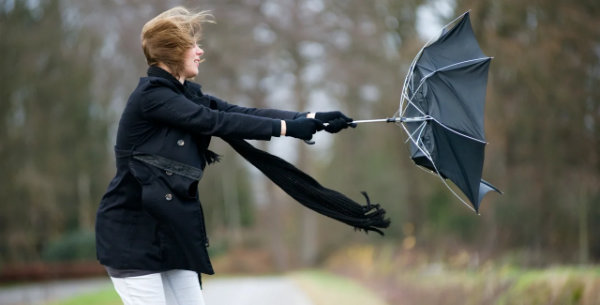
Heatwave
Heatstroke is Yang in nature. It is extremely penetrating. It causes fire and also dryness. It penetrates the body following prolonged exposure to intense heat (sauna, sun). It causes sweating, agitation, thirst, and fatigue. When it penetrates deeply, it can cause urinary tract infections. Heat waves cause sunstroke or heatstroke.
When this heat comes from the transformation of pathogenic factors that stagnate in the body, it turns into fire. Fire is an aggravation of internal heat.
Dryness
Dryness is Yang in nature and damages the blood, drying up bodily fluids and causing dehydration. It is caused either by a dry climate or by dehydrating phenomena (diarrhea, heavy sweating, repeated vomiting).
If the lungs are affected, a dry cough will develop. If the intestines are affected, some form of constipation will appear.
Cold
External cold penetrates the body following prolonged exposure to cold, either by staying in cold places for long periods of time or by frequently eating cold foods.
When there is a lot of cold, Yin becomes abundant, and too much Yin tends to harm Yang. When cold blocks the dynamism of Yang, it can no longer perform its functions of managing Qi and providing warmth, leading to the onset of illnesses characterized by a decrease in the body’s activity: reduced vitality, exhaustion, and sensitivity to cold.
This can lead to joint pain, muscle aches, back stiffness, intestinal pain, and diarrhea. Other symptoms include lumbago and stomach flu.
Humidity
TCM considers Dampness to be heavy and sticky. It tends to sink or stick close to the ground, and is difficult to get rid of. We readily associate it with something improper or murky… fungi, molds and algae thrive in damp environments. It is on the basis of these particular characteristics of Humidity that TCM qualifies different states of the organism.
Humidity is of the Yin type, and therefore injures the body’s Yang energy. It is caused by exposure to a humid climate. Humidity hinders movement, slowing everything down.
It causes a feeling of heaviness, general fatigue, joint pain with swelling, the sensation of a crowded head, abdominal distension and loose stools.
Humidity often affects the lower part of the body and the pelvis (leucorrhoea may appear). In extreme cases, moisture in the body is transformed into mucus, which can cause cysts, tumors or circulatory disorders (excess cholesterol in the blood). The spleen is also affected. Moisture damages the spleen, which is no longer able to perform its transformative function properly.
Resisting climate perverts
Of course, these climatic perversions do not affect individuals in the same way. An individual’s ability to resist these perversions depends on his or her capacity to resist, and therefore on the strength of his or her Zheng Qi. Zheng Qi can be translated as Straight Qi or Correct Qi.
Zheng Qi is thus the synthesis of the vital Qi that ensure the proper functioning of the organs, Qi and Blood, as well as the Yin/Yang balance and harmony between the body and its environment.
This is why the strength of Zheng Qi will determine whether or not an individual falls ill. The climatic perverse is merely the triggering factor.
Fatigue according to the 5 elements
In TCM, the 5-element theory is applied in various fields. It also applies to fatigue. Before we reach the point of exhaustion or “burn-out”, let’s take a look at our state in terms of the 5 energies.
Wood-type fatigue
Physical signs: excessive sighing, premenstrual syndrome, irregular periods, lump in the throat, tendon tension…
Emotional state: irritable, moody, impatient, too many expectations of self, perceived as “aggressive” OR as a doormat.
Causes: constant stress, feeling trapped, tight schedules, frustration, agitating environmental factors (too much noise, frequent disagreements, etc.).
Fire-type fatigue
Physical signs: restless sleep, memory loss, flushed feeling, spontaneous sweating, heart palpitations.
Emotional state: controlling, feelings of rage, excessive vulnerability, significant lack of joy.
Causes: lack of intimacy with self, prolonged exposure to other people’s negativity.
Earth-type fatigue
Physical signs: tiredness after meals, loose stools, bloating, lazy legs
Emotional state: unmet needs, feeling misunderstood, longing for things other than those already acquired, jealousy.
Causes: overthinking, sitting too long or too often, poor diet.
Metal-type fatigue
Physical signs: tired after long talks, shortness of breath, sweats easily, tired after exercise, feels cold, gets sick easily, chronic cough, prone to allergies, chronic fatigue, eczema.
Emotional state: overly critical, hard on self or others, demanding precision/overly perfectionist, “unfair”, sense of loss and grief, quickly cuts ties, holds grudges.
Causes: very frequent use of voice (e.g. teachers), untreated grief, hereditary factors, lower gastrointestinal problems.
Water-type fatigue
Physical signs: adrenal fatigue, hair loss, low back pain, cold limbs, low libido, erectile dysfunction, fertility problems, urinary frequency.
Emotional state: difficulty staying still, “too tired”, restless, anxious, fearful, worried about money, overly tolerant of risk OR frozen in fear.
Causes: prolonged periods of overwork, persistent anxiety/fear.


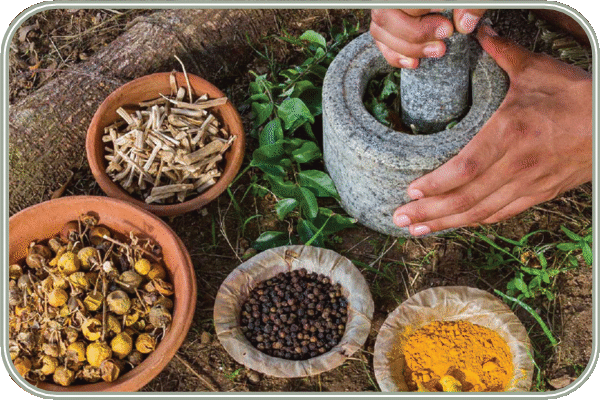

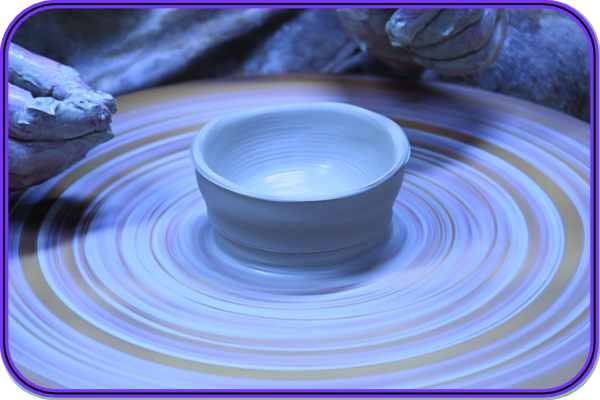
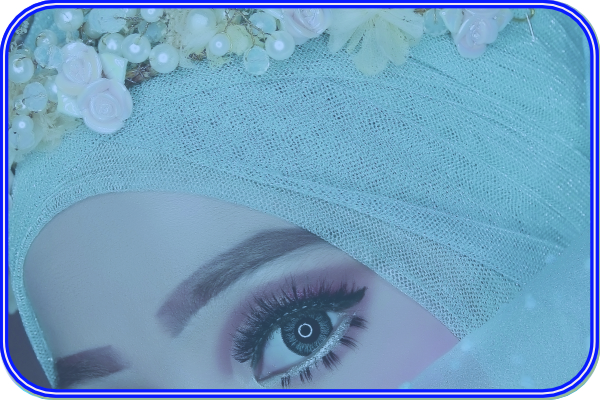
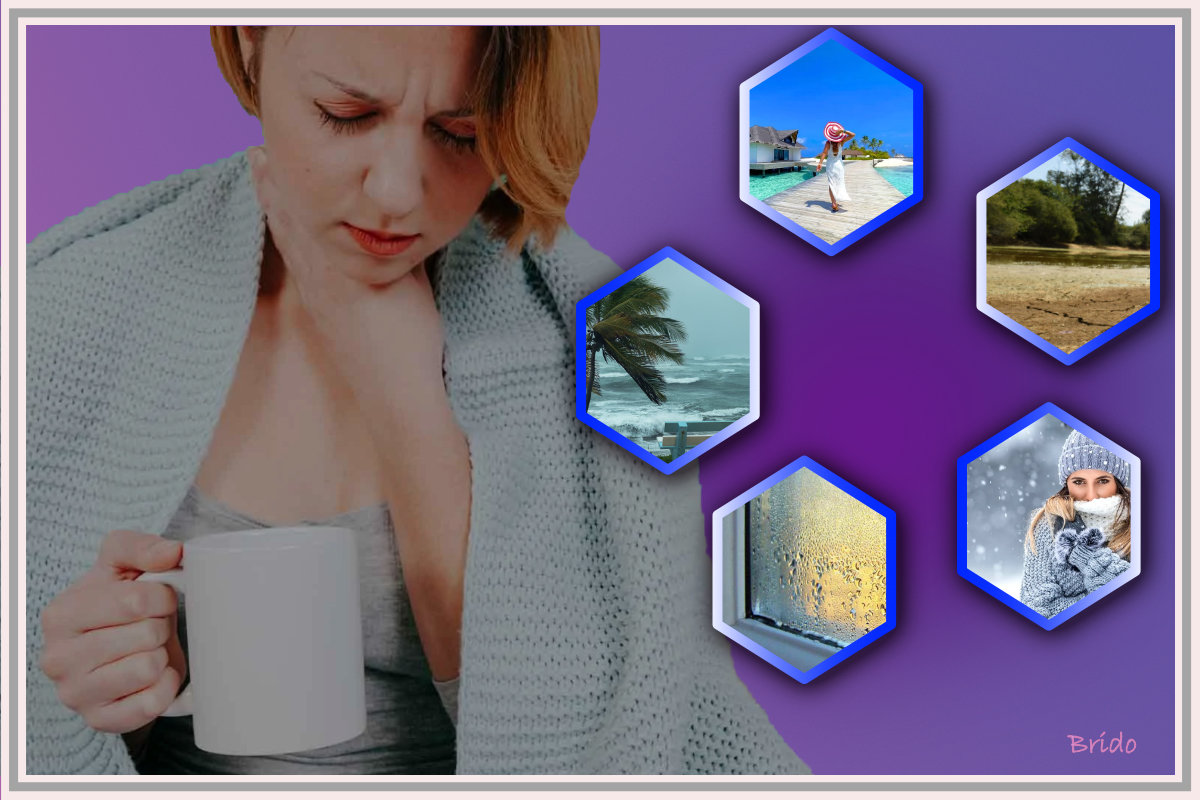
0 Comments